selfdrivingcars
Latest
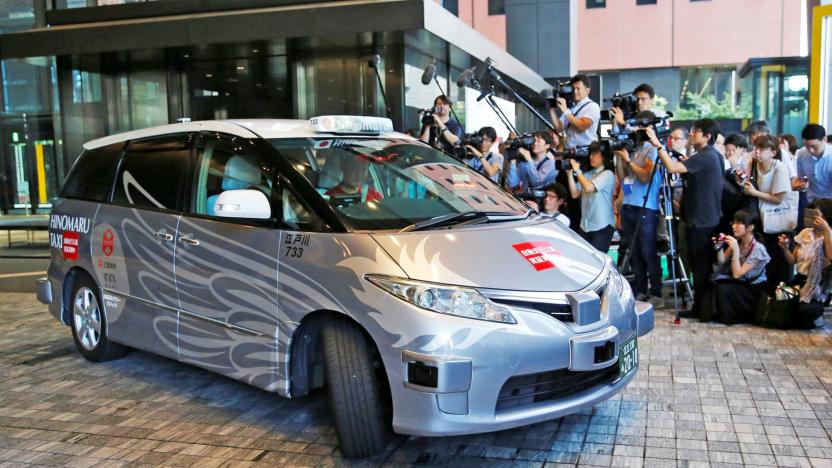
The race for self-driving taxis at the 2020 Olympics is heating up
Companies around the world are fervently vying for first place in the race to vehicular autonomy, and now it looks like one venture has crossed the finish line. A self-driving taxi has successfully taken passengers through the busy streets of Tokyo in a demonstration of what could be a fully-fledged service by the time the Olympic Games arrive in the city in 2020.
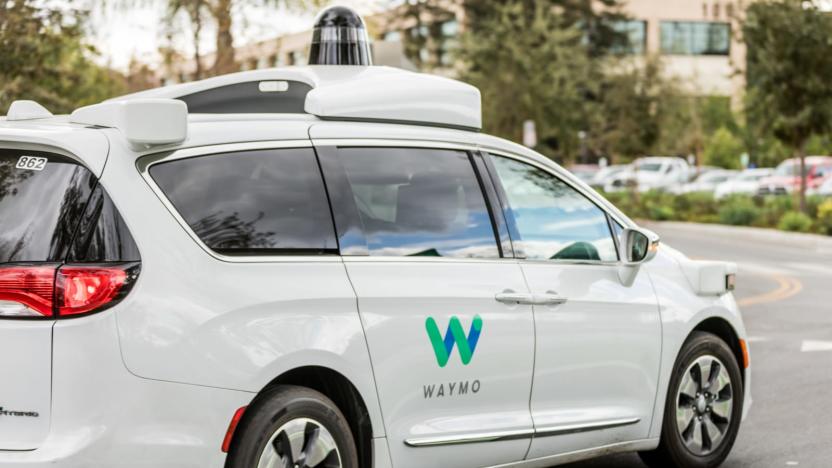
Alphabet puts down more roots in China with local Waymo office
Google's parent company Alphabet is continuing its push for a presence in China with a new Waymo subsidiary, based in Shanghai. Waymo – one of the world's leading autonomous car designers -- has confirmed it has set up a legal entity in the country and has people working there, but hasn't commented on its future plans.
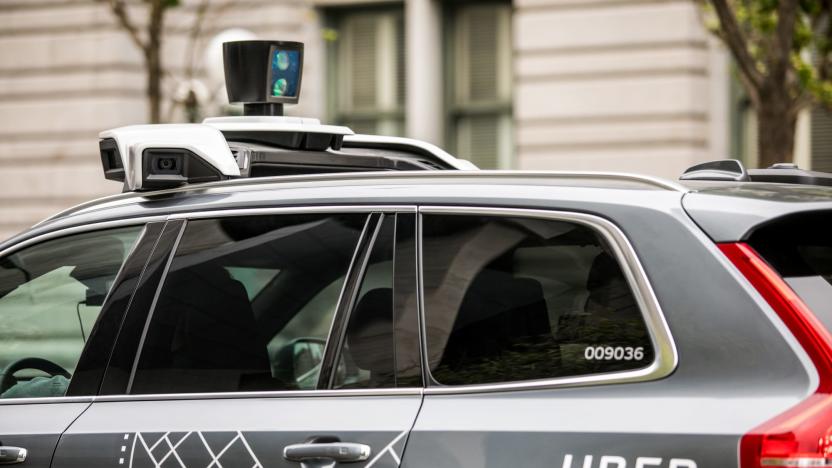
Uber resumes self-driving car tests, but only in manual mode
Uber stopped all self-driving car tests following a fatal accident in Tempe, Arizona earlier this year, but today they're getting back on the road in limited fashion. The company says that it is taking a "first step" towards resuming autonomous car tests in Pittsburgh -- its vehicles will be on the road, but only in manual mode for now.

Autonomous cars may soon navigate better in fog
One major issue for autonomous vehicles is driving in fog. Many types of self-driving technology use visible light to determine how to navigate. This becomes a real problem when driving conditions are poor, and especially when there's fog. But now, researchers at MIT have developed a method of producing images of objects within extremely thick fog and judging their distance.

Mercedes-Benz on the global training of AI for cars
As the development of autonomous cars moves forward, there are some hurdles that require researchers to travel to countries other than their own. For example, Mercedes-Benz just completed a five-month drive through five continents to encounter situations specific to each region to help the automaker train its AI. Christoph Von Hugo, head of active safety for Daimler AG, joined us onstage to talk about the drive and how the data will be used as a foundation for future self-driving car development. Click here to catch up on the latest news from CES 2018.
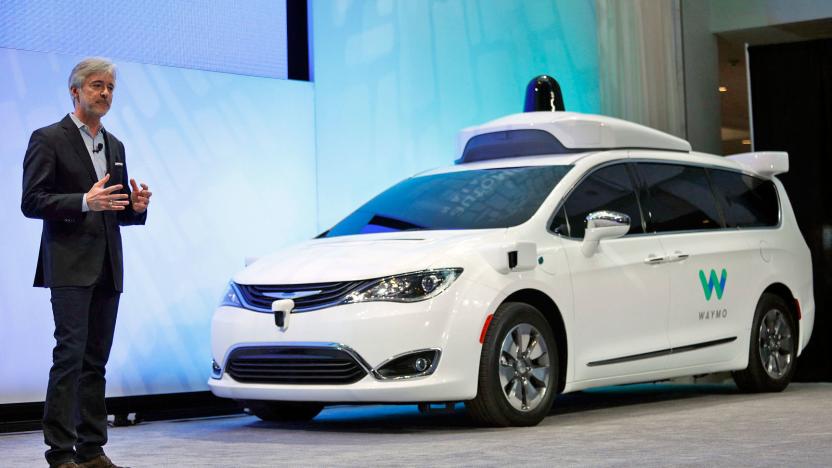
Waymo’s driverless taxi service will open to the public soon
Waymo is working on an autonomous taxi fleet, modeled after the pilot program it currently offers outside of Phoenix. The big difference here is that once fully launched, Waymo's service won't have a driver behind the wheel. Additionally, the company will up its fleet of self-driving Chrysler Pacifica minivans from 100 to 500. As you'd imagine, the entire ride-hailing process will be handled via a mobile app. While the initial service area will be limited to the Phoenix metro area, in a post on Medium, the company says eventually it will "cover a region that's larger than the size of Greater London." Waymo says that the public will be able to start taking autonomous rides "over the next few months" in the agricultural suburb, Chandler, Arizona.
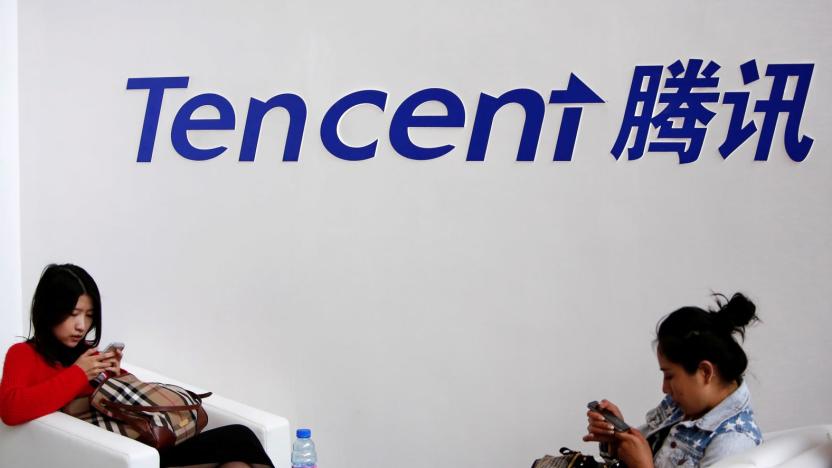
Tencent is the latest tech company working on autonomous cars
Tencent is pushing beyond its WeChat messaging app and gaming, moving into the autonomous driving space. The Chinese conglomerate will tap its artificial intelligence and mapping initiatives to compete against the likes of Baidu, according to Bloomberg's sources. Back in 2015 Tencent announced it'd partner with electronics maker Foxconn (responsible for the iPhone and countless other gadgets in your house) to make smart vehicles. That happened in the same 24 hours that Baidu announced similar motives.
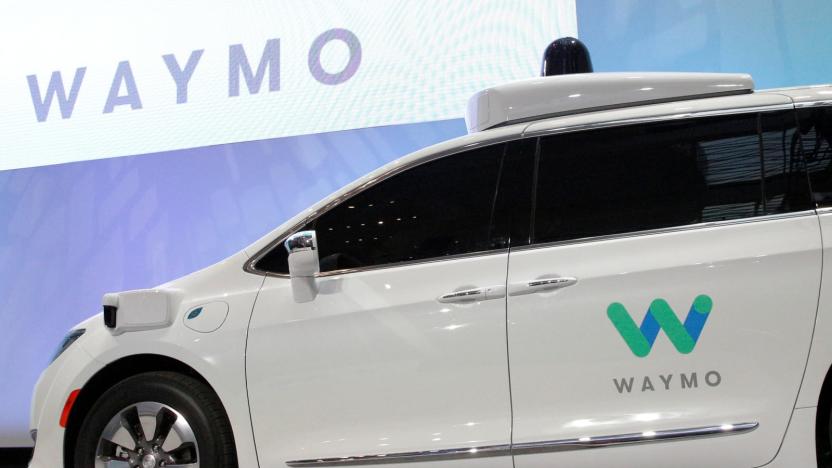
Waymo is training cops how to respond to autonomous car crashes
There are a lot of hurdles to clear before autonomous cars can fully take over the roadways. Chief among them is training the police on how to react and handle a self-driving car error, as spotted by Recode. Currently, Waymo is working with local police forces and first responders in Arizona, California, Texas and Washington to educate them on how to identify and access an autonomous car in the event of an accident.

Columbia researchers might have the key to wireless VR
The millimeter wave frequency has the potential to do a lot. So far it's helping power 5G cell networks, but research from Columbia Engineering could expand that to self-driving cars and virtual reality headsets. It's a little dense, but the key bit is that the team figured out a new nonreciprocal way to transmit the waves, by using "carefully synchronized high-speed transistor switched that route forward and reverse waves differently." The school says it's basically like two trains charging head on on the same track, with them switching tracks at the last possible second.

Cadillac’s Super Cruise maps are key to our robotaxi future
Cadillac is doing something new with LiDAR. Instead of sticking a puck on its cars, it's using the sensors to map the highways of the United States and Canada and geofence its semi-autonomous Super Cruise feature, instead of letting drivers use it anywhere they want. It seems like a bold move, but in reality, it's how self-driving cars will initially enter the market.

Audi wants autonomous cars to run errands while you're at work
Audi laid out its plans for autonomous vehicles and how it intends to use AI to us back in July, and now the automaker is ready to show off what it's been working on. At this year's IAA auto show in Frankfurt, Audi debuted the AIcon and ElAIne (above and below), a pair of cars capable of Level 4 autonomy (conditional, but fully automated driving) that it claims are empathetic to their drivers' needs. "They will be able to continually interact with their surroundings and passengers, and thus adapt themselves in a better way than ever before to the requirements of those on board," Audi wrote in a lengthy press release.

A 114-year old Mercedes has more in common with a Tesla than you think
I'm extremely nervous to be behind the wheel of the 1902 model (built in 1903) Mercedes Simplex 40. The controls and open air sitting position remind me more of a John Deere tractor than the cars that currently fill our cities and interstates. After a quick tutorial, I got in, depressed the clutch, reached outside the cab to put the vehicle in first gear and nearly stalled an automobile that was the pinnacle of tech when it was built.
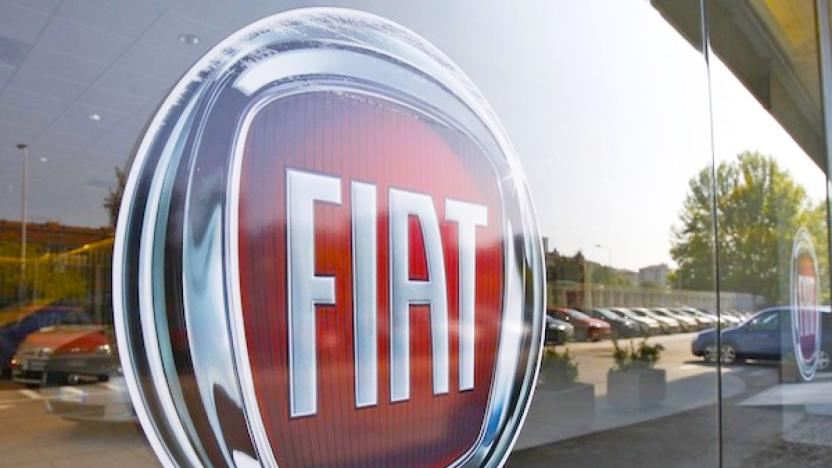
Intel’s self-driving supergroup brings Fiat Chrysler into the fold
Intel's self-driving supergroup has added another member to the team: Fiat Chrysler Automobiles (FCA). The partnership, which already includes BMW, Intel and Mobileye, has ambitious plans to get autonomous vehicles on the road by 2021, and FCA's inclusion is likely to make that goal more achievable. FCA already has a decent chunk of autonomous expertise under its belt -- it partnered with Waymo (formerly Google) in 2016, adding 100 self-driving Pacifica minivans to the Waymo fleet -- but compared to its rivals the group lags behind. The new partnership gives the company access to the research and resources it needs to keep pace in the field.
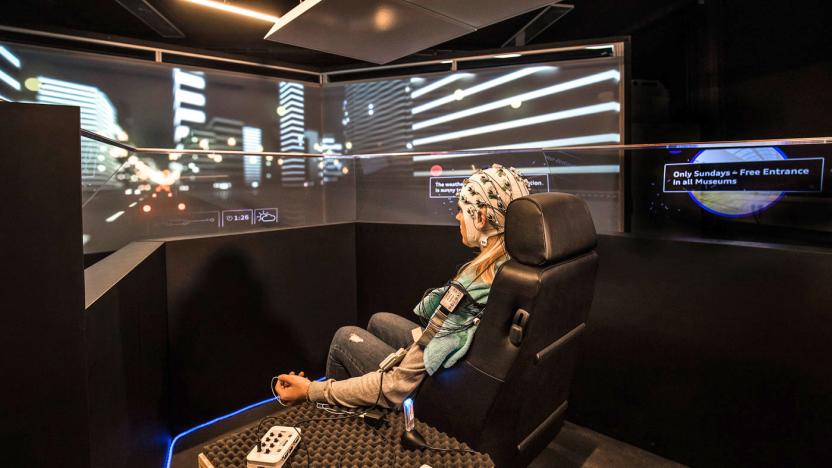
Audi knows millennials will have to deal with self-driving boredom
During Audi's elaborate introduction of its new (Level 3 autonomous) A8 in Barcelona, it also talked about the 25th Hour, a research project it says will "define the premium mobility of the future." Simply put, now that you're not driving, what do you do in an autonomous car?

Audi takes its self-driving car where others dare not go
The self-driving future has a ratings scale. The classifications begin at zero, where you're constantly in charge of all the car's acceleration, steering and braking. Basically a car without cruise control. It ends with Level 5, where the car that doesn't even need a steering wheel or a driver. Currently, if drivers want semi-autonomous features they're getting a Level 2 experience. Like Tesla's Autopilot or Cadillac's Super Cruise, the car can drive itself in specific situations (usually on the highway) but require the human behind the wheel to pay attention and take over at a moment's notice.

Ford realizes it should have an AI and robotics team
Ford is moving closer to vehicle autonomy by announcing its creation of a dedicated robotics and artificial intelligence research team. In a blog post by vice president and CTO Ken Washington, the company lays out its ambitious plans for exploring and innovating a whole range of vehicle tech with designs "to be at the forefront in the field."

It takes a smart city to make cars truly autonomous
Artificial intelligence is driving the autonomous car. Coupled with robust computers, automobiles of the future will be more powerful than any other device we own. But they'll only be as powerful as their surrounding allows. If your vehicle doesn't know about a traffic jam along its route, like its human counterparts, it'll get stuck in gridlock. That's where connectivity comes in. When self-driving cars hit the road, they'll not only be computing juggernauts but also sharing data with everything all the time.

Self-driving cars make me nauseous
One of the major benefits of our self-driving future is how much more gosh-darn productive we're all going to be. Instead of wasting brain power driving our cars to work, we'll sit back and let the ride do it for us. Suddenly, that time can be harnessed for our leisure or, more likely, to cram even more work into our days. But what will happen to all the people like me, who get sick at the thought of sitting in a car?
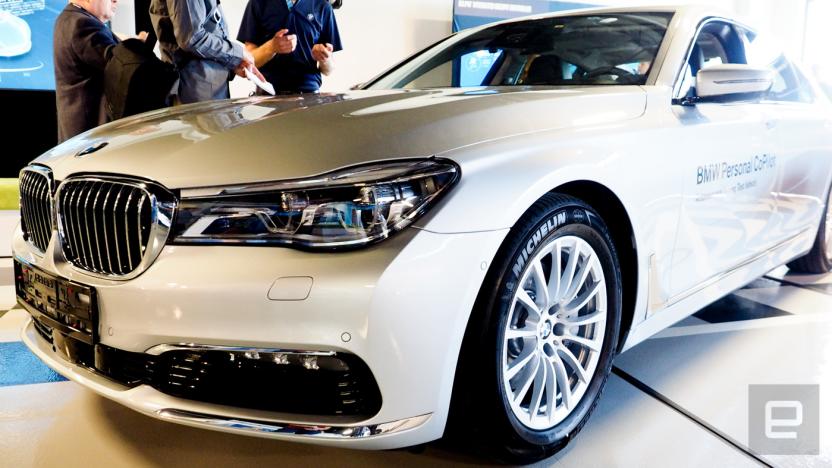
Intel and BMW's highly-automated cars hit the road
Intel is great at building chips for computers. Everything else, not so much. But the company that's been powering most of the computers on the market for decades is going full bore into autonomous cars. Today it announced the launch the first vehicle of its highly automated car test fleet with partner BMW. The vehicles will also include technology from Intel's latest acquisition, Mobileye.

Samsung is testing self-driving car technology in South Korea
Samsung's ambitions to be a player in the self-driving car space aren't new, but today the company hit a big milestone. The company's home country of South Korea has approved Samsung's plans to test self-driving cars on real roads, not just test courses. According to the Korea Herald, Samsung isn't building cars itself. Instead, the company is working on developing sensors and computer parts that are backed up by its artificial intelligence and deep learning software.





